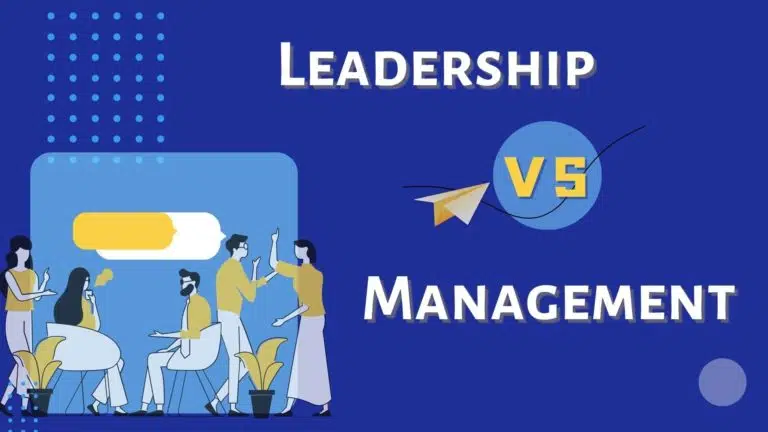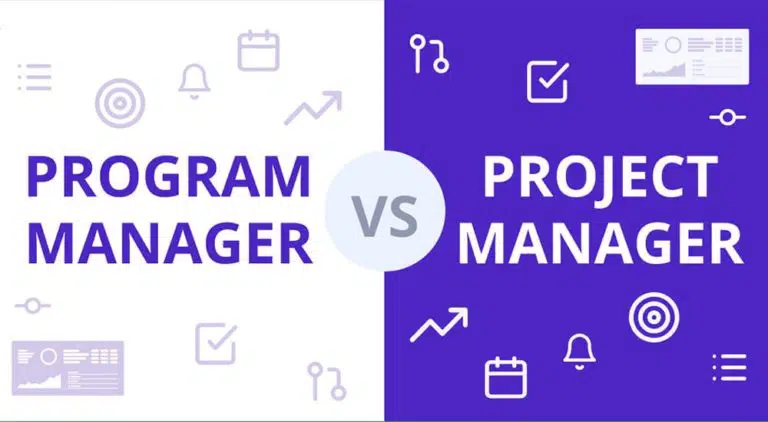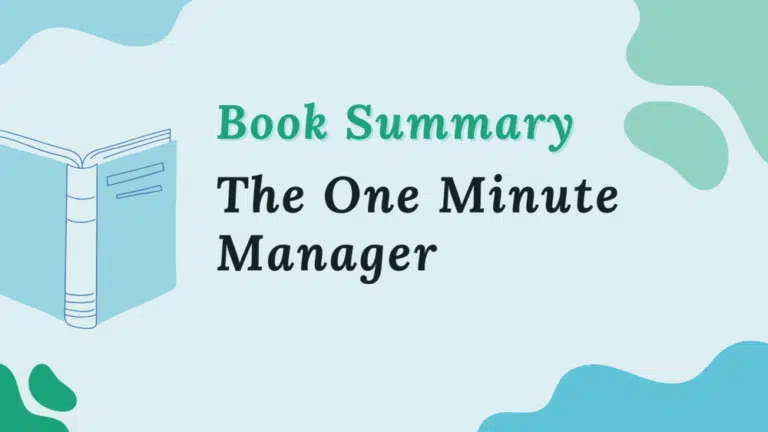Every project needs a project manager, and the responsibilities of project managers depend on the type of project and the project management methodology used. For example, project managers in traditional waterfall projects are more accountable than those in agile ones.
In traditional project management, construction project managers have strong roles and responsibilities in managing and completing the project. A construction project manager position requires unique experience in construction, such as building roads, building, bridges, etc.
Construction projects are critical, and the country’s economy and human lives depend on them. Carrying them out requires government approval and regulatory compliance. Therefore, as a construction project manager, you must possess construction experience, industry knowledge, codes and standards for construction, etc.
Construction project managers are sometimes known as construction managers (CM).
What Does a Construction Manager Do?
According to the Construction Management Association of America (CMAA), the construction project manager is involved throughout the project life cycle. They develop project plans, execute them, monitor and control progress, complete the project, and deliver the project deliverables to the project sponsors or clients.
The key responsibilities of a construction project manager are:
- Collect Requirements: After identifying the stakeholders, the CM will collect the requirements to help develop the project and product scope.
- Develop Project Plans: The CM will develop all project plans (e.g., scope management plan, quality management plan, procurement management plan, stakeholder engagement plan, risk management plan, etc.). These plans include the project baselines (e.g., cost, schedule, and scope), against which you measure the project’s progress.
- Execute the Project: After developing the project plans and baselines, you will execute the plans and build the project deliverables. This is how the CM will spend most of their time.
- Manage Resources: The CM will assign resources to tasks and manage them throughout the project lifecycle.
- Control Risks: The CM will monitor and manage the project risks as they occur. If any unidentified risks occur, then they will create a workaround and control them.
- Manage Cost and Schedule: Project stakeholders will be concerned about the project budget and duration, so the CM will actively monitor these parameters and ensure that they are acceptable.
- Produce the Deliverables to the Client: The CM will hand over the project deliverables to the project sponsor or the client once they are ready.
- Close the Project: After delivering the project output, the CM will update the lessons learned, archive them in the organizational process assets, release the team, and close the project.
Summary
A construction project manager is a key position that requires extensive experience and knowledge of laws, codes, standards, and the local community.

I am Mohammad Fahad Usmani, B.E. PMP, PMI-RMP. I have been blogging on project management topics since 2011. To date, thousands of professionals have passed the PMP exam using my resources.






